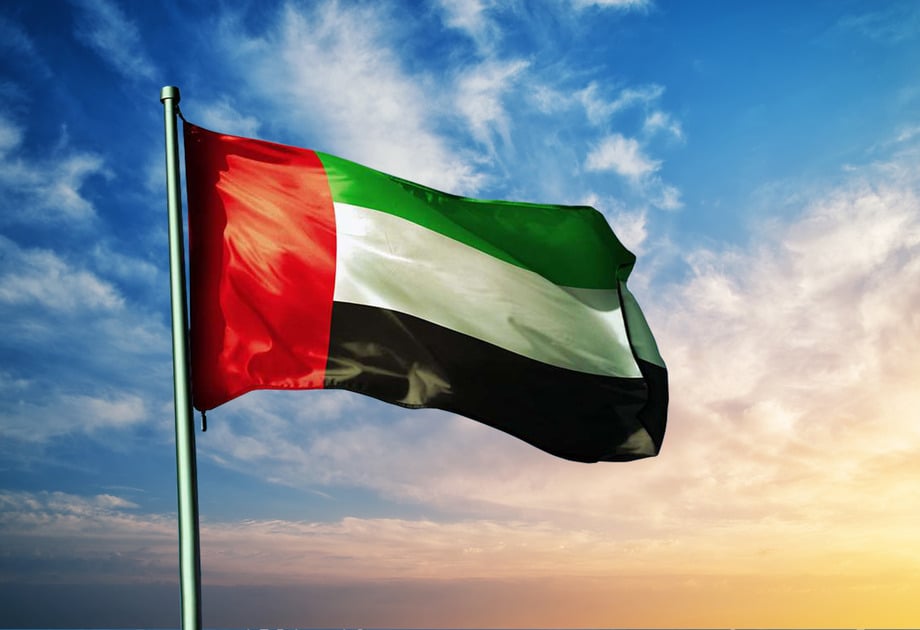The securities regulator of the United Arab Emirates (UAE) has partnered with the crypto regulator of Dubai to streamline its licensing regime and thereby demonstrate “regulatory cohesion” throughout the nation.

The Securities and Commodities Authority (SCA), the federal financial agency of the United Arab Emirates, and the Virtual Assets Regulatory Authority (VARA), the crypto administrator of Dubai, have signed an agreement that will enable the mutual supervision of virtual asset service providers (VASPs) within the country.
As per the agreement, VASPs currently operating in Dubai and seeking a license from VARA “can be registered by default with the SCA to service the wider UAE.”
Nevertheless, the SCA emphasized that VASPs that aspire to operate in emirates other than Dubai must still obtain a license from the regulator.
The announcement clarified that the agreement encompasses the mechanism for the mutual supervision of crypto providers. This includes the imposition of penalties and fines, the exchange of information, and the collaboration in employee training.
Regulatory uniformity throughout the nation
His Excellency Mr. Helal Saeed Al Marri, the chairman of VARA’s executive council, stated that the partnership with the SCA enables the “efficient passportability of regulated services” and ensures market risk throughout the nation. The official stated:
“Today marks a pivotal milestone, demonstrating regulatory cohesion across the UAE, driving forward our shared vision for a robust, secure and interoperable virtual assets ecosystem.”
In the interim, His Excellency Mohamed Ali Al Shorafa, the Chairman of the SCA, stated that the objective is to promote the stability and expansion of virtual assets in the United Arab Emirates.
The official further noted that this guarantees the enforcement of Anti-Money Laundering (AML) legislation and enhances the confidence in the country’s investment ecosystem.
UAE exhibits crypto-friendliness
In addition to the collaboration of regulators to promote the growth of crypto in the region, there were also new developments in its judicial approach to crypto last month.
On August 16, UAE counsel Irina Heaver clarified that the Dubai Court of First Instance recognized cryptocurrency as a valid form of payment under employment contracts.
Heaver stated that the ruling in case number 1739 of 2024 establishes a favorable precedent that promotes the integration of digital currencies into financial transactions.
Because of these developments in the region, a study also identified the country as a global leader in adopting crypto.
Henley & Partners, an investment migration consultancy firm, conducted a survey that revealed the UAE is the third most popular country in the world for crypto adoption, superseding countries such as the United States.
